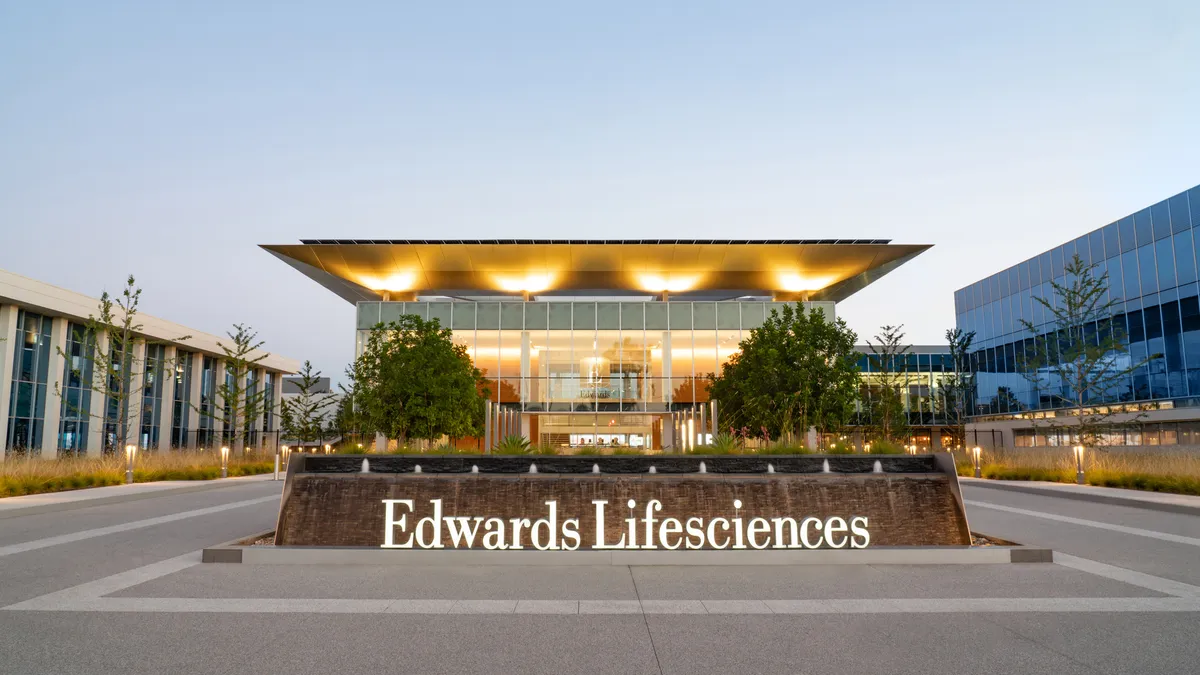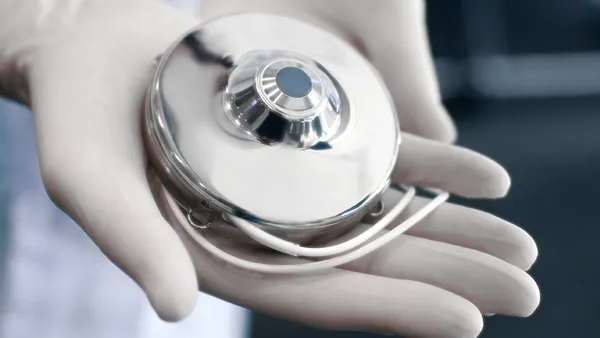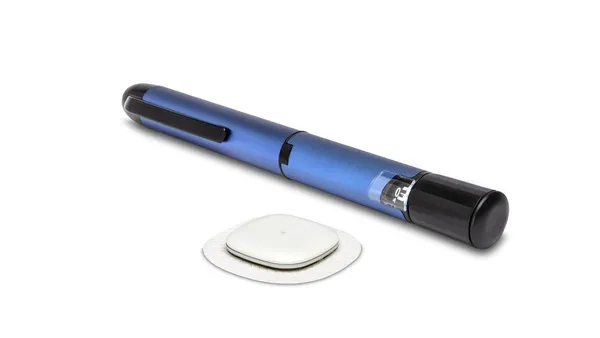Dive Brief:
- Edwards Lifesciences may lose share in a slowing U.S. transcatheter aortic valve replacement (TAVR) market over the next two years, a survey of 30 interventional cardiologists suggests.
- The survey, which was commissioned by analysts at Leerink Partners, generated evidence that Edwards’ TAVR unit will meet expectations when it reports fourth-quarter results next month but encounter challenges after that as market growth slows and competitors introduce new products.
- Leerink analysts continue to believe Edwards “will retain a competitive advantage and leading market share,” citing the strength and quantity of its data, but expect Abbott and Boston Scientific to create “near-term headwinds as U.S. TAVR competition intensifies.”
Dive Insight:
Edwards CEO Bernard Zovighian told investors the company was “on track” to meet its fourth-quarter guidance at the J.P. Morgan Healthcare Conference in San Francisco this month. Zovighian was speaking one month after Edwards forecast 8% to 10% revenue growth in 2024.
The expansion of TAVR into asymptomatic patients is one reason Edwards believes revenue growth can accelerate. The survey supports the view that the expansion can drive a quick uptick in growth, with the respondents predicting a 10% increase in volumes one year after approval in asymptomatic patients. The prediction exceeds the 4% growth forecast by Leerink, although the analysts are more optimistic than the surveyed cardiologists about the impact by year three.
Leerink analysts expect Edwards to present data in asymptomatic patients later this year and called the readout “the most important near-term TAVR-related catalyst” for the company. The analysts also see the release of data on Boston Scientific’s rival device Acurate Neo2, which they expect in the first half of this year, as an “underappreciated catalyst” for Edwards.
Boston Scientific pulled out of the U.S. TAVR market in 2020, but Acurate Neo2 is available in Europe and closing in on key data that the Leerink analysts predict could support a U.S. launch later this year. With Abbott’s Navitor already on the market, and the company working to expand the label, the cardiologists predict Edwards’ market share will erode between 2023 and 2025. Edwards also expects some share loss as new competitors join it and Medtronic on the market.
“In our 2028 assumptions, we already assume some minor share loss, which is going to be automatic with more competitors coming. But we have been dealing with competitors for many years in Europe, and we are the global leader and by far the preferred TAVR technology,” Zovighian said at the J.P. Morgan event.
The survey suggests Edwards will control 72.3% of the U.S. TAVR market in 2025 and be competing for a decelerating growth opportunity. After 15% growth last year, the cardiologists foresee a 10% increase in volumes in 2024, slowing to 9% in 2025.












